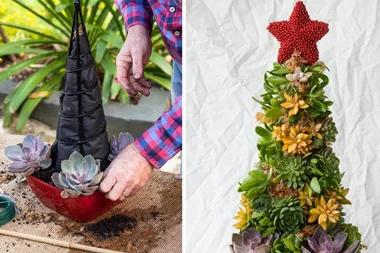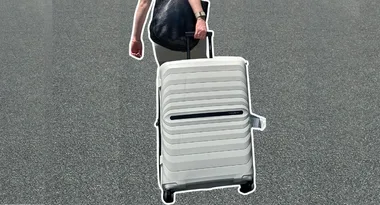We’ve all been there: despite your noble attempts to stay clean and stain-free, cooking oil splatters on your sleeve or a slice of pizza plops into your lap. The good news is, the garment doesn’t have to go. Get grease and oil out of clothes quickly with this handy guide.
WATCH: How to make your laundry work harder for you
Canvas
To treat a cooking oil stain on canvas, saturate the stained area with a heavy-duty liquid detergent, pretreatment spray, or a thin paste made from powdered detergent and water. Gently work into the stained area with your finger or a clean, white cloth, and let sit for a few minutes. Wash using the warmest water recommended for the fabric. It’s best to air dry, as grease stains can seem to disappear when wet and heat from the dryer will set the stain. Repeat as necessary until the stain is gone, then dry as directed on the garment label.
Chenille
For washable chenille items, immediately apply cornstarch or baby powder (absorbents) to the cooking oil stain. Allow the absorbent to sit on the stain for at least five minutes, then gently brush off. If the stain is small, this may be enough. If not, apply a stain pretreatment product according to the manufacturer’s instructions. Wash the item according to the garment’s label and leave to air dry. Grease stains like cooking oil tend to disappear when wet, so check to make sure the stain is gone before placing it in a dryer.

Corduroy
For washable corduroy items, immediately apply cornstarch or baby powder (absorbents), to the cooking oil stain. Allow the absorbent to sit on the stain for at least five minutes, then gently brush off. If the stain is small, this might be enough. If not, apply a stain pretreatment product according to the manufacturer’s instructions. Wash the item according to the garment label and let air dry, then check to make sure the stain is gone before placing it in the dryer.
Cotton
To treat a cooking oil stain on cotton, saturate the stained area with a heavy-duty liquid detergent, pretreatment spray, or a thin paste made from powdered detergent and water. Gently work into the stained area with your finger or a clean, white cloth, and let sit for a few minutes. Wash using the warmest water recommended for the fabric and let air dry. Repeat as necessary until the stain is gone, then dry as directed on the garment label.
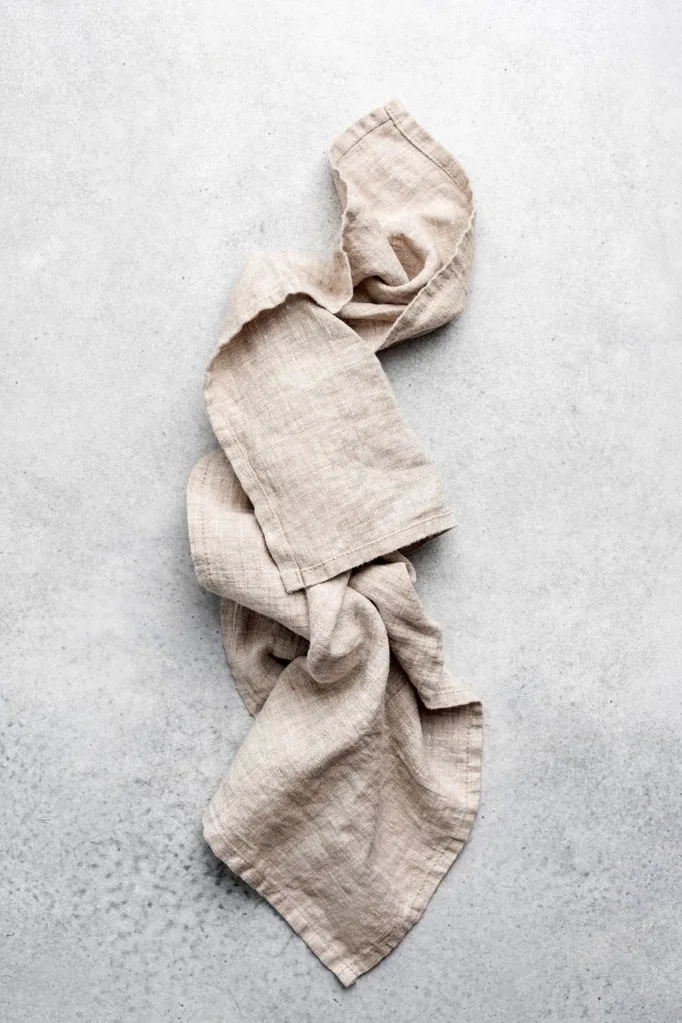
Leather
Gently blot to remove excess oil. A bar of quality saddle soap should remove any residue. If it doesn’t, try rubbing with an absorbent powder, such as cornstarch or baking powder. Let sit a few hours or overnight. Brush the powder off; repeat if necessary. Finish with a leather cleaner/conditioner. Note: Follow the manufacturer’s instructions on both the saddle soap and leather cleaner/conditioner.
Linen
To treat a cooking oil stain on linen, saturate the stained area with a heavy-duty liquid detergent, pretreatment spray, or thin paste made from powdered detergent and water. Gently work into the stained area with your finger or a clean, white cloth. Wash using the warmest water recommended for the fabric. Air-dry, because grease stains seem to disappear when wet, and heat from the dryer will set the stain. Repeat as necessary until the stain is gone.
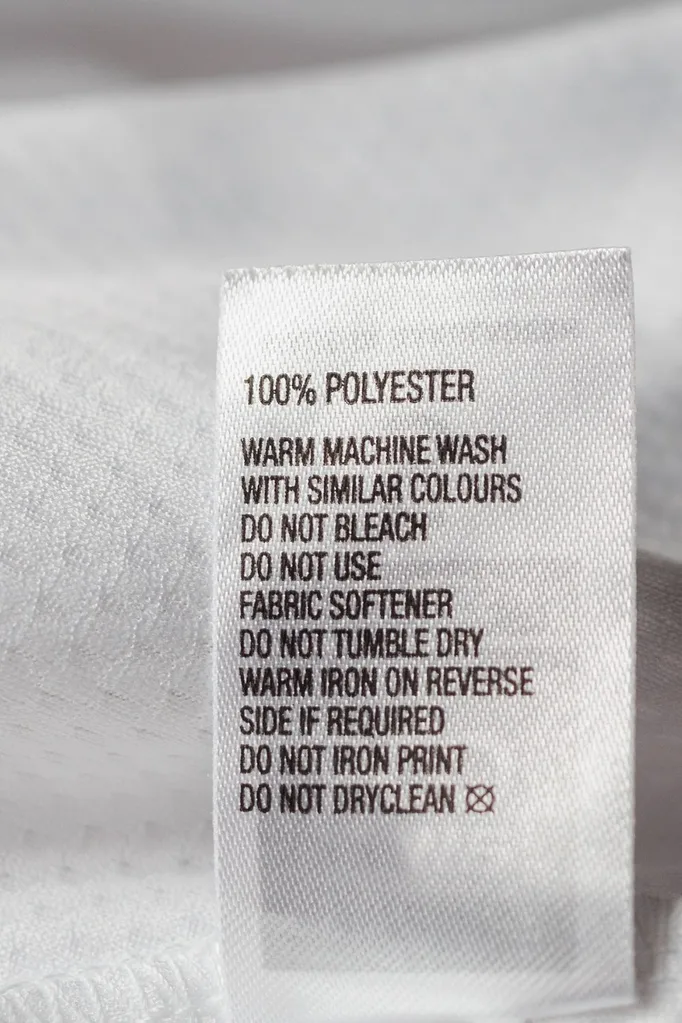
Nylon
To remove a cooking oil stain from nylon, use a pre-treatment product specifically made for oily stains, or rub liquid detergent into the stained area. Using the warmest water recommended for the clothing, wash the garment. Air dry, and repeat if stain remains. Once the stain has disappeared, dry as directed.
Food grease stains on nylon are more easily removed the sooner you can treat them. As soon as possible, apply an aerosol pretreatment laundry stain remover for at least one minute before washing. If the stain is set in, you might want to rub the food grease area with liquid detergent, too. Wash using the hottest temperature of water recommended on the clothing care label, then air dry, and inspect the area carefully. For any remaining stain, wash using liquid chlorine bleach (whites) or color-safe bleach (colors). Air dry, and repeat as needed.
Polyester
To remove a cooking oil stain from polyester, use a pretreatment product specifically made for oily stains, or rub liquid detergent into the stained area. Using the warmest water recommended for the clothing, wash the garment. Air dry, and repeat if stain remains. Once the stain has disappeared, dry as directed.
Like nylon, food grease stains on polyester are more easily removed the sooner you can treat them.
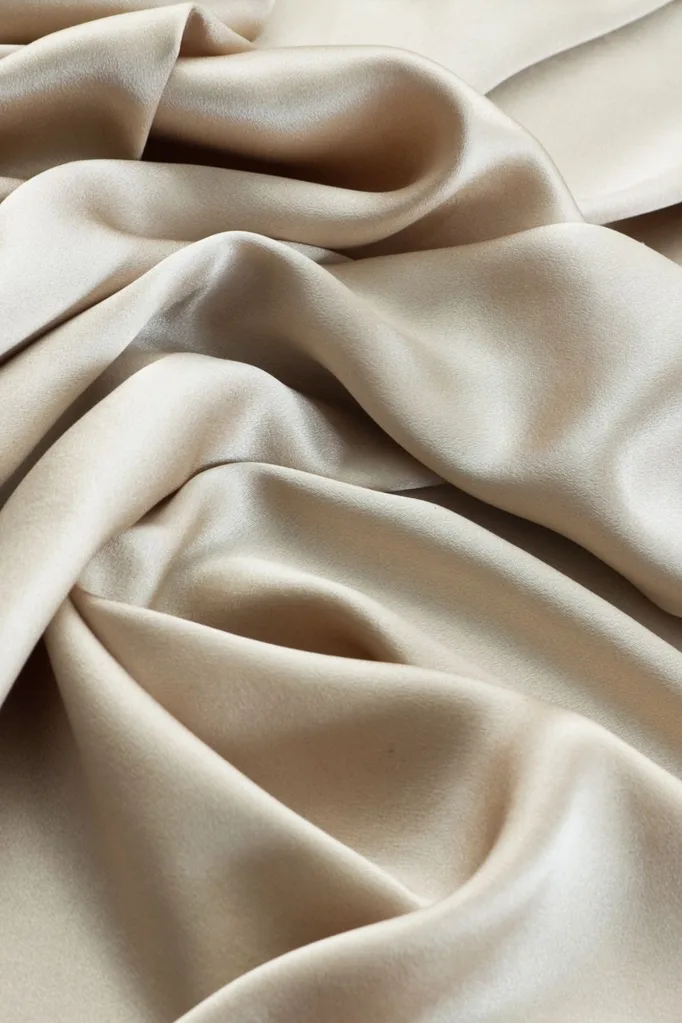
Silk
Blot away as much oil as possible. Apply an absorbent powder, such as cornstarch or baking powder, and let sit overnight. Gently brush off, and reapply if necessary. If stain persists, dab on a small amount of clear grease-cutting dish detergent. Let sit for at least an hour, then dab with water to remove and blot dry.
Spandex or lycra
To remove a cooking oil stain from spandex or lycra, use a pretreatment product specifically made for oily stains, or rub liquid detergent into the stained area. Using the warmest water recommended for the clothing, wash the garment. Air dry, and repeat if stain remains. Once the stain has disappeared, dry as directed.
As with other synthetic fibres, food grease stains on spandex and lycra are more easily removed the sooner you can treat them.
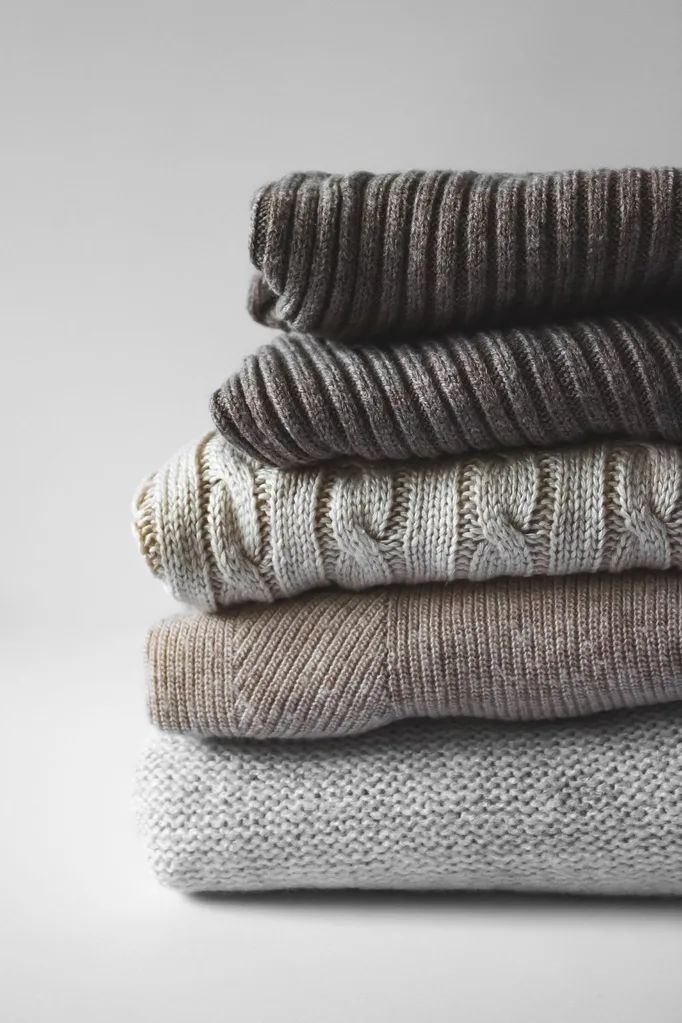
Suede
Blot the excess oil on the suede. Dip a cloth into ground cornmeal, and rub it into the stain using a circular motion. When dry, gently brush off powder with a wire brush and repeat if necessary. If stain persists, test lemon juice on an inconspicuous place. If the suede looks fine, rub the stain with lemon juice, and hold it in the steam from a boiling teakettle for a few minutes. Brush with a wire brush.
Velvet
For washable velvet items, immediately apply cornstarch or baby powder (absorbents) to the cooking oil stain. Allow the absorbent to sit on the stain for at least five minutes, then gently brush off. If the stain is small, this might be enough. If not, apply a stain pretreatment product according to the manufacturer’s instructions. Wash the item according to the garment label and air dry. Check to make sure the stain is gone before placing it in a dryer.
Wool
Gently scrape off as much cooking oil as you can. Then apply an absorbent substance, such as cornstarch or baking soda, to the surface of the wool, and let sit for at least an hour. Gently brush off, and reapply if needed. If the stain remains, wet the area carefully with cool, sudsy water spiked with a little vinegar. Blot with clear water and blot dry. If the stain still remains, try a consumer dry-cleaning solvent, following the manufacturer’s instructions.
This article originally appeared on www.bhg.com
You might also like
How to remove mould stains from common household services
